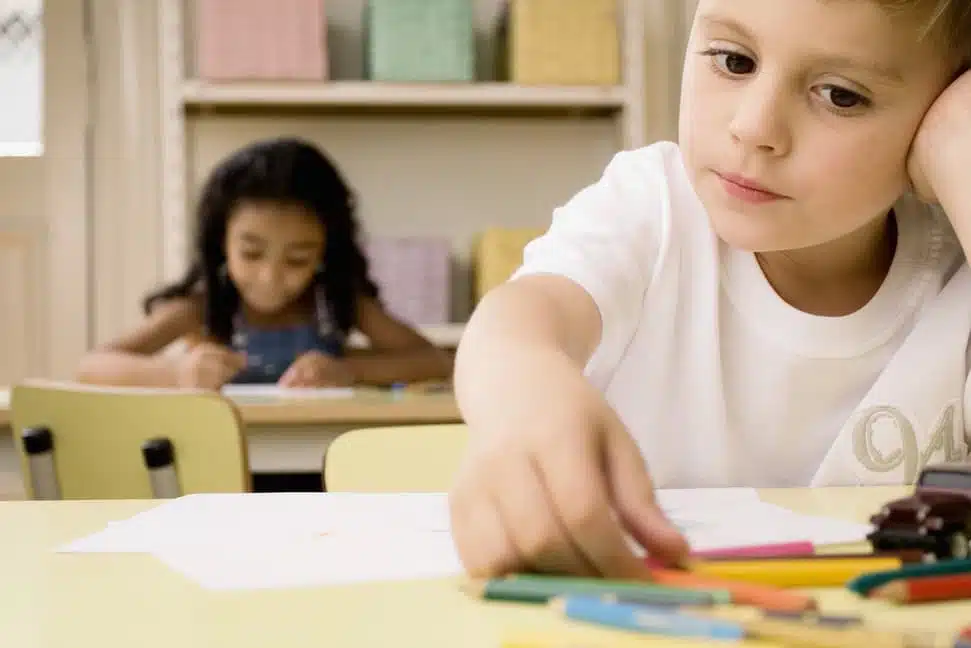Disadvantaged pupils have lost out on more learning over the course of the pandemic than their more affluent peers, according to research published by the Department for Education.

Following restrictions to in-person education, by the end of the spring term (March 2021), average learning losses were at a national level 3.4 months in maths and 2.2 months in reading for pupils in primary school, said the report carried out by the Education Policy Institute (EPI) and Renaissance for Learning
At a national level learning losses for disadvantaged pupils at the same point were 4.2 months in maths and 2.7 months in reading for pupils in primary school.
By the summer term (June 2021), losses remained substantial, but had recovered to 2.2 months in maths and 0.9 months in reading for pupils in primary school. Learning losses for disadvantaged pupils in primary school, however, recovered to 2.6 months in maths and 1.2 months in reading for pupils.
Secondary school pupils did not recover as much as pupils in primary schools. In reading, secondary pupils saw losses of 1.5 months of learning by the autumn term (2020), but by the summer term (2021), losses were still 1.2 months.
Disadvantaged pupils in secondary schools had fallen further behind by the summer. In reading, losses in the autumn term (2020) were 1.9 months for secondary disadvantaged pupils. By the summer term (2021), they rose to 2.4 months.
“These disparities provide evidence of a widening of the “disadvantage gap” – the gap in school attainment between disadvantaged pupils and their peers. EPI estimates that the relative learning loss for disadvantaged pupils over the course of the pandemic is the equivalent of losing up to a third of the progress made over the last decade in narrowing the disadvantage gap in primary,” said the report.
As well as individual pupil disadvantage, the research found that deprivation of the area in which a pupil lives also plays a role in learning loss – with pupils from the most deprived areas of England also seeing greater losses regardless of individual pupil levels of deprivation.
More affluent pupils living in areas with higher levels of deprivation saw a similar degree of learning loss to disadvantaged pupils in areas with low levels of deprivation with both groups experiencing losses of 0.9 months in reading in the summer term in primary school.
Disadvantaged pupils living in the most deprived areas saw the largest losses overall, of 3.0 months in maths at primary, 1.2 months in reading at primary, and 2.7 months in reading at secondary, by the summer term.
The report also highlighted an association between the level of pupil absence in a school and the extent of learning losses. The more time pupils spent in school when schools re-opened for all pupils, the smaller the degree of learning loss.
In the autumn term (2020), schools with a low level of pupil absence saw average learning losses of around 2.1 months in primary maths, compared to losses of 3.8 months for schools with a high level of pupil absence.


